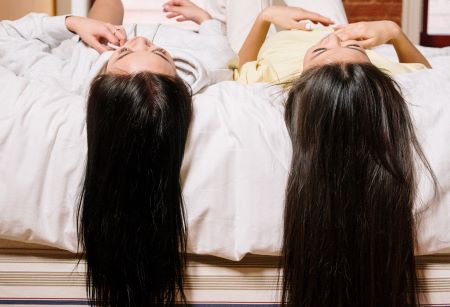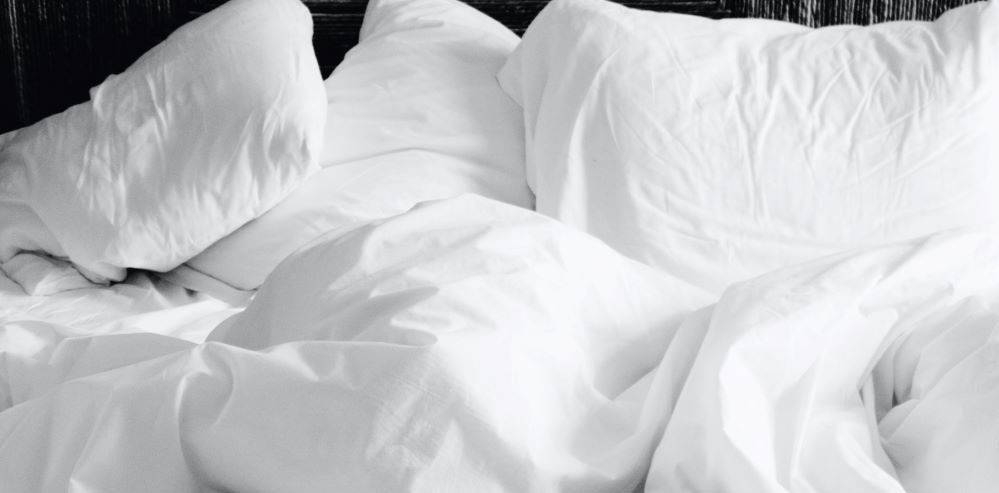Is it Bad to Sleep With a Loose Ponytail?
Sleeping with a loose ponytail is a common practice for many individuals, especially those with long hair. However, concerns have been raised about the potential negative effects this bedtime hairstyle choice may have on hair health.
We will delve into the popular notion that sleeping with a loose ponytail can be detrimental to your hair. By exploring the science behind hair health and providing expert advice, we aim to shed light on whether sleeping with a loose ponytail is truly harmful or merely a misconception.
Understanding Hair Structure:
Before diving into the effects of sleeping with a loose ponytail, it’s crucial to understand the structure of our hair. Each strand of hair is composed of three layers: the medulla, cortex, and cuticle. The cuticle, which is the outermost layer, protects the inner layers from damage and moisture loss. The health of the cuticle plays a vital role in the overall appearance and strength of our hair.
Myth vs. Reality:
One of the common myths associated with sleeping with a loose ponytail is that it can cause hair breakage. However, this notion is largely unfounded. In reality, the tension exerted on the hair when it is pulled back in a loose ponytail is minimal, especially when compared to tightly pulled hairstyles. The hair strands are still relatively free to move and bend, reducing the risk of breakage.
Another concern is the formation of tangles and knots. While it is true that hair can become tangled during sleep, a loosely tied ponytail can actually help reduce tangling. By keeping the hair in place and preventing excessive movement, a loose ponytail can minimize friction between strands, which is a common cause of tangles.
Maintaining Hair Health:
Although sleeping with a loose ponytail may not be as harmful as believed, it’s still important to take steps to maintain hair health. Here are some tips to consider:
- Choose a silk or satin pillowcase: These materials have a smoother texture compared to cotton, reducing friction and minimizing hair damage.
- Opt for a looser ponytail: Instead of tightly pulling the hair back, go for a looser style that allows for movement during sleep.
- Use hair-friendly accessories: Avoid using elastic bands with metal components or rough textures, as they can cause friction and breakage. Instead, opt for hair-friendly accessories like scrunchies or fabric-covered elastic bands.
- Keep your hair well-nourished: Prioritize a healthy hair care routine that includes regular washing, conditioning, and moisturizing. Additionally, consider using a leave-in conditioner or hair oil to keep your hair hydrated.
Consulting the Experts:
To gain further insight, we reached out to hair care experts for their professional opinion. According to renowned hairstylist Lisa Jones, “Sleeping with a loose ponytail is generally safe for most people. However, it’s important to listen to your hair’s unique needs. If you notice any breakage or discomfort, it may be best to explore alternative hairstyles during sleep.”

The myth that sleeping with a loose ponytail is harmful to hair health is largely unfounded. While some precautions should be taken to maintain optimal hair health, a loosely tied ponytail can be a convenient and safe option for bedtime. Ultimately, understanding your hair’s needs and finding the right balance between comfort and hair care is key. If you have any concerns or notice any negative effects, it’s always wise to consult with a hair care professional for personalized advice.
See our article on 8 Natural Remedies for Hair Growth
